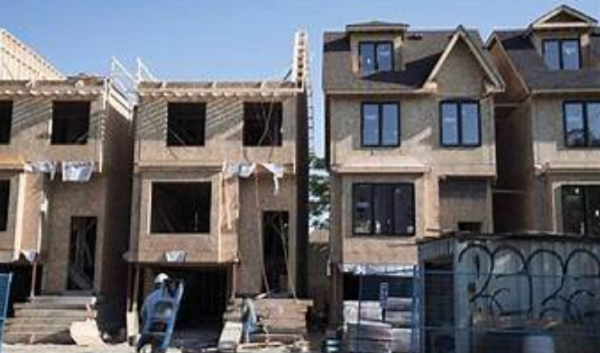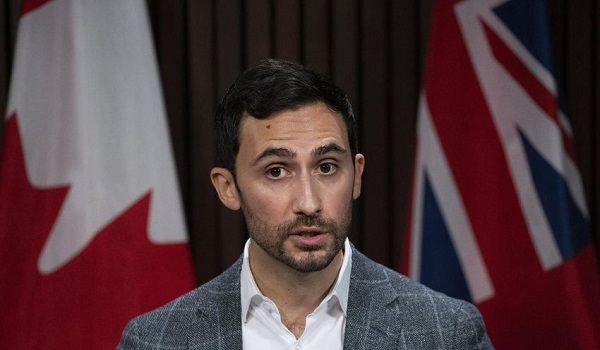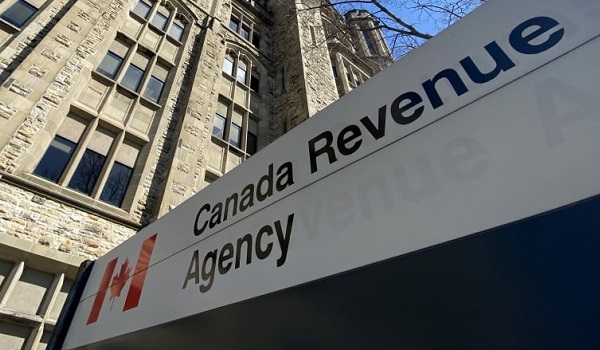‘Vendor take-back’ mortgage as pre-construction appraisals fall short on the rise in Toronto
Vendor take-back mortgages offer an alluring option for buyers who have bought a pre-construction home but have seen their appraisals fall short by hundreds of thousands of dollars, experts say as Toronto tries to find its footing in a high-interest rate environment.
Buyers who have received an appraisal that’s considerably short of their original purchase price are sometimes offered the mortgages as a lifeline, said Mark Morris, a lawyer at real estate law firm Legalclosing.ca.
A vendor take-back mortgage is when the seller of the home lends money to the buyer — essentially acting as a bank by allowing the homebuyer to borrow money in order to purchase the seller’s home. The loan is typically offered for one or two years and can cover part or all of the purchase, Morris explained.
“We’re seeing this more and more,” he said, adding it’s specifically with smaller developers and builders, who are seeing more buyers walk away from their purchases — especially as a growing number of homebuyers are walking away from sizable deposits, some worth as much as $320,000. The top developers aren’t offering take-back mortgages because their pre-construction condos and freeholds aren’t being hit by the same appraisal shortfalls compared to smaller developers who built on less profitable land and are over-leveraged.
“It’s happening with smaller building companies making single-family homes because they took big leaps in regions that don’t have great land valuations,” he added.
Builders who feel they won’t be able to find another buyer and need to continue to finance the project, will sometimes offer a vendor take-back mortgage to the buyer. In some cases, it might make more sense for the buyer to try and sell the property and in others, the take-back mortgage can provide the necessary financing to close the purchase, Morris said.


Real estate lawyer John Zinati said builders are realizing they have a growing number of pre-construction buyers who won’t be able to close and new buyers won’t scoop up those properties.
“They know they may not be able to get a new buyer and they need the deals to close,” he added.
Recently, a buyer was unable to close on their $1.4 million property and was going to walk away from their $160,000 deposit, Zinati said. But the builder came back with a vendor take-back mortgage offering the loan at 6.9 per cent interest with a $32,000 commitment fee. After the buyer crunched the numbers and the math still didn’t work for them, the builder came back offering 3.5 per cent interest and no commitment fee, he added.
“This was unheard of eight months ago,” he said.
Morris said that vendor take-back mortgages are also being offered in the residential resale market, where the deals offer one more way to close the deal. However, several mortgage brokers in Toronto told the Star they haven’t seen any increase in this product in their respective practices.
“I did have it come up some time ago where a buyer was interested in it, but the seller needed the money right away so it didn’t go through,” said mortgage broker Mary Sialtsis.
“As a general rule, it’s hardly used. It’s a very small percentage of total mortgages.”
if the buyer fails to make the payments to the seller they would need to enter legal proceedings — just as a bank would if the buyer defaulted on the mortgage, she said.
It’s unlikely first-time home buyers would have a vendor take-back mortgage, Zinati said, as they would need a standard mortgage from a bank, which would likely prohibit secondary financing on the property. The seller can also only offer the take-back mortgage if they have enough equity in the property to act as collateral in case the buyer is unable to pay back the mortgage loan.
“The seller has to be comfortable that there will be enough equity in the property to cover the amount of the vendor take-back mortgage,” he said.
“The seller is basically acting as the bank and if the buyer can’t pay them back they need to sell the property to recover the money.”
This article was reported by The Star













